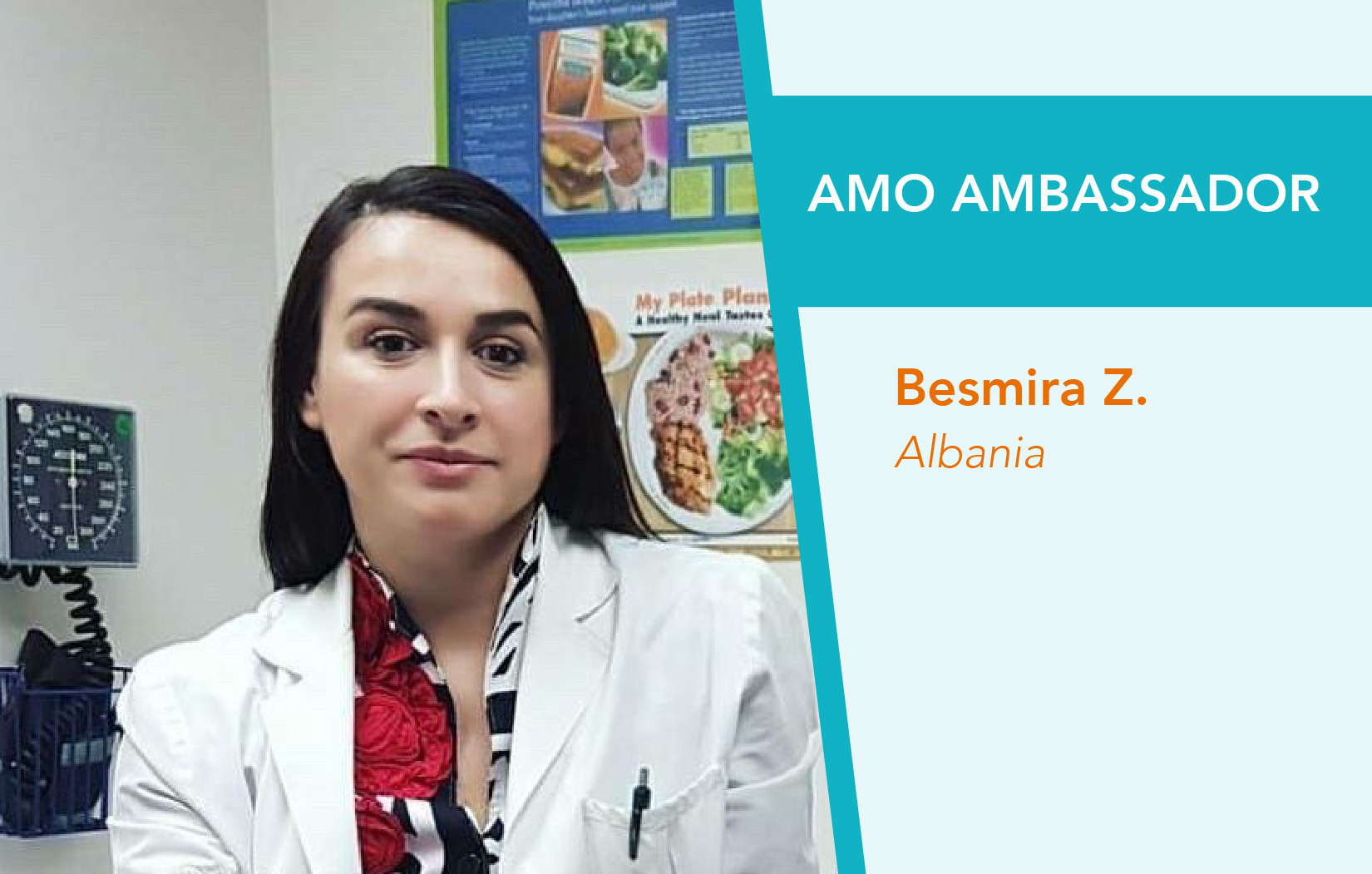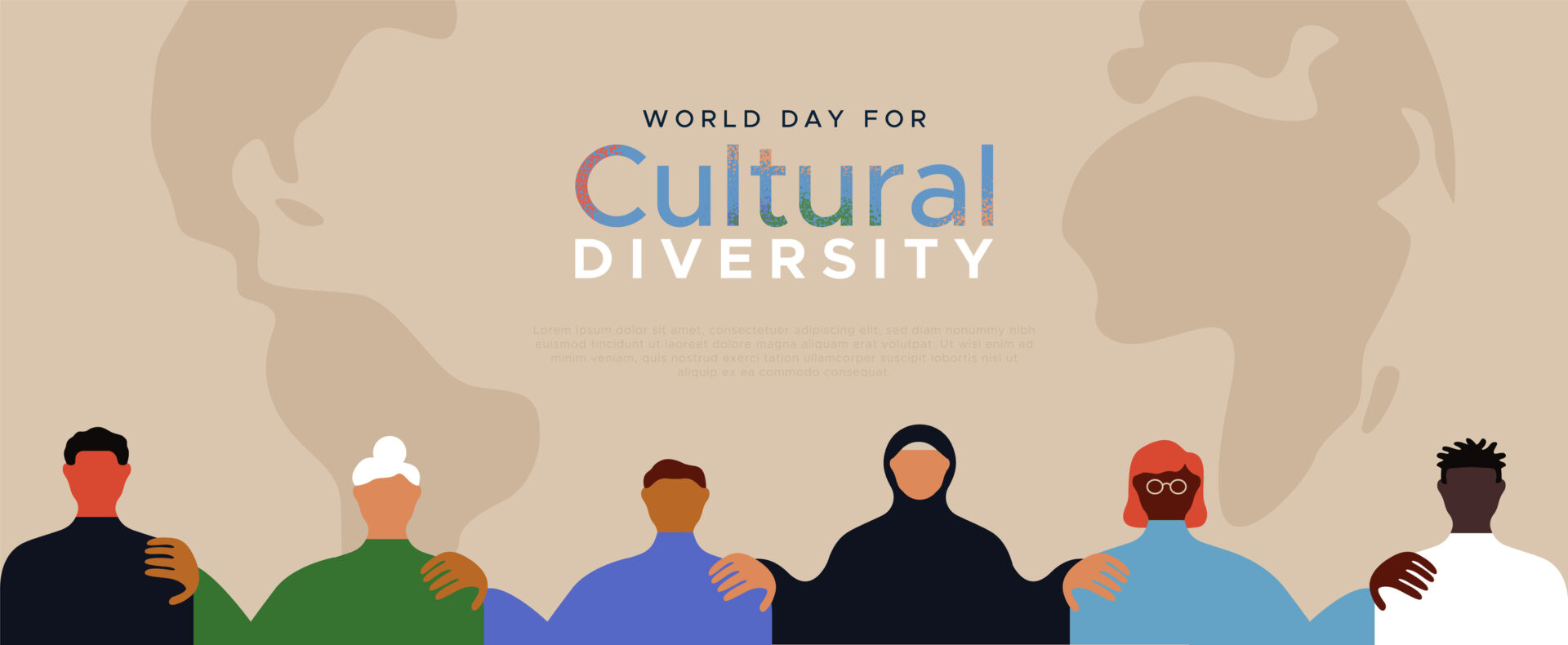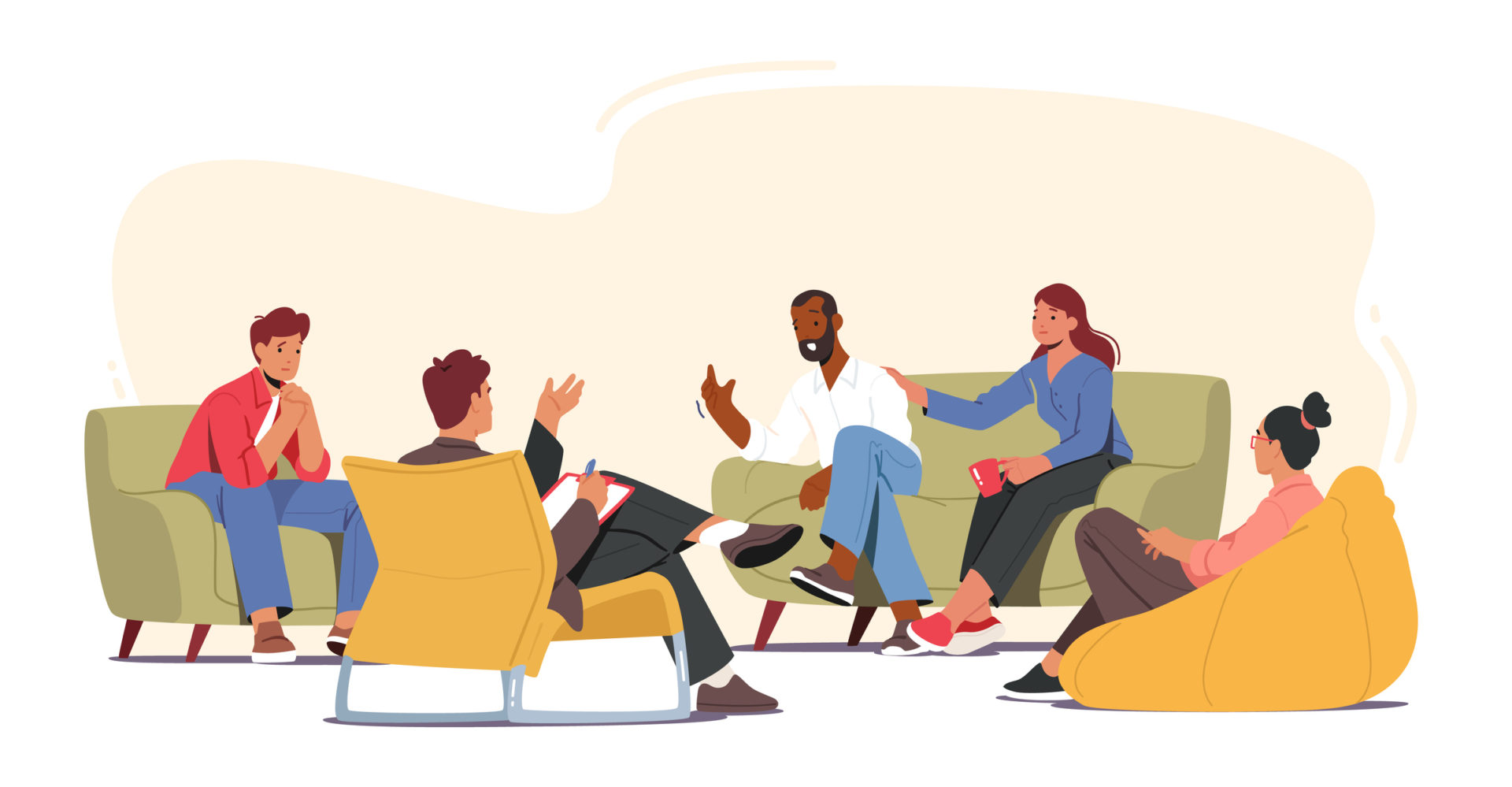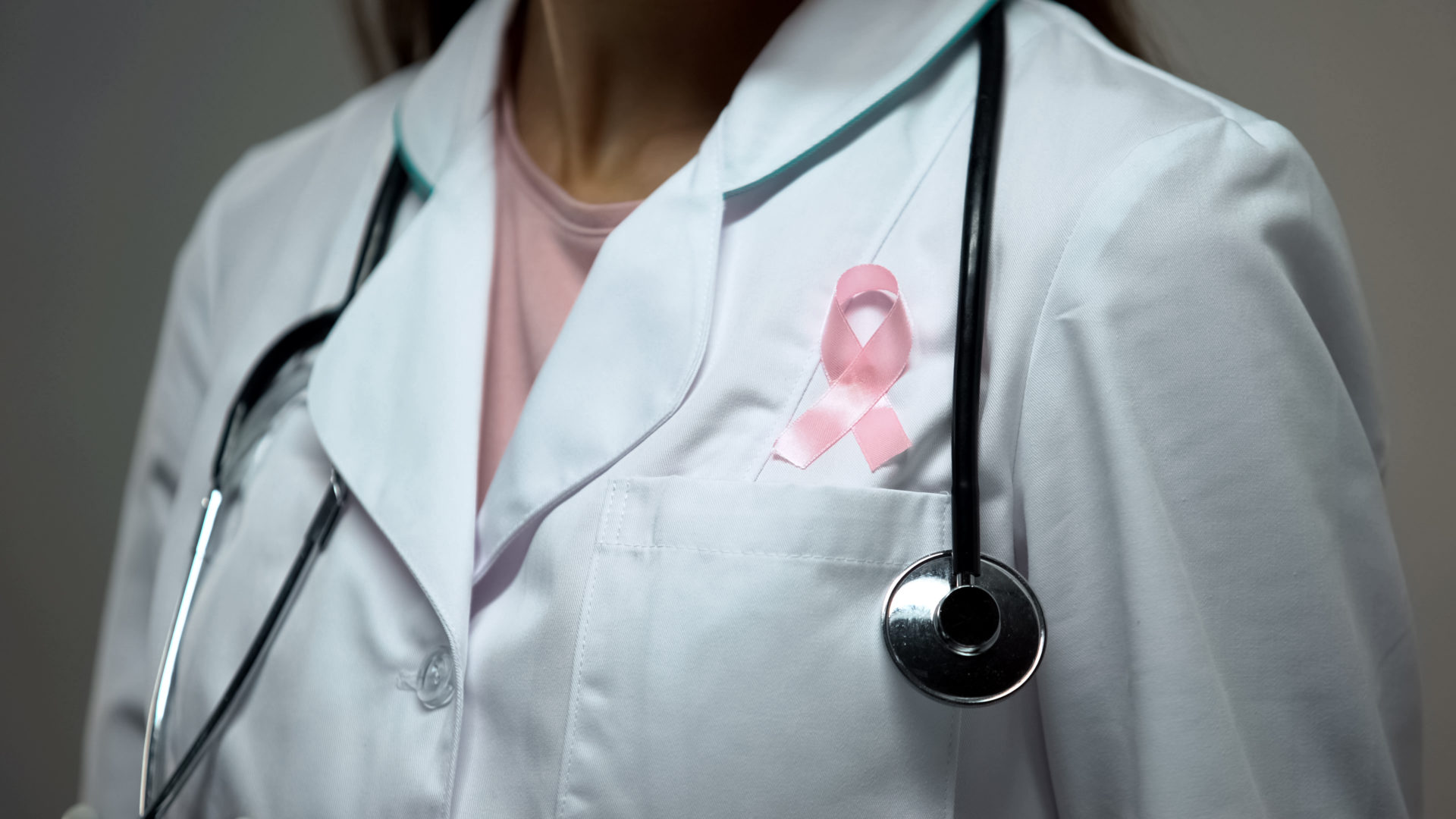If you want to celebrate gender equality and women in medicine, now is the time to do it! March is Women’s History Month in the U.S., and March 8 is International Women’s Day. To celebrate the culmination of both events, we connected with past AMO Visitor and Ambassador Besmira, who’s taken hold of her studies and is living out her medical dreams.
Besmira rotated with us four years ago. Her clinical experience in pediatrics allowed her to explore a new medical specialty. Although Besmira is continuing her education in microbiology, her rotation led her to work at a family medicine clinic and inspires her to work towards the goal of practicing medicine in the U.S.
Learn more about Besmira by reading the full interview below!
Q: Thank you so much for agreeing to speak with us in celebration of International Women’s Day! You graduated from medical school in 2010; what have you been up to since then?
A: I graduated from medical school in 2010. After graduating, I worked in family medicine and podiatry at a health center in Tirana, Albania. I also started a Ph.D. program. I’m now working as an assistant professor at a few universities, including the University of Medicine, Albanian University, Luigj Gurakuqi University, Medicom University, and Vitrina University.
I’m currently a clinical microbiology resident. I now share my medical findings at trainings and conferences. I was Albania’s ambassador for the Vasco da Gama Movement and a project on family medicine.
Q: What role did your clinical experience with AMO play in your education and experiences?
A: My clinical experience with AMO was great. The rotation allowed me to build new professional skills. It also enhanced my education.
Q: What is your proudest achievement to date?
A: I am proud of my Ph.D. studies. I’ve been working hard. I have a great professor who’s one of the best infectious disease doctors in Albania. He’s become a mentor to me and has helped me grow professionally!
Q: This year’s International Women’s Day theme, ‘Choosing to Challenge’, asks women to call out gender bias and work towards inclusivity. Have you experienced or observed gender bias in your medical practice thus far?
A: I have not experienced gender bias in my practice. I have, however, been in situations where female patients request treatment from female doctors. In Albania, like anywhere else, certain locations experience greater gender bias. Where I practice, there is a good deal of equality.
Q: Unequal salaries and discrimination if often connect to gender bias. While common, these topics can be difficult to discuss. How can we bring these issues to light and create change on International Women’s Day?
A: While I am sure this is true and does exist, in Albania, unequal salaries and discrimination within medicine is hard to find. Female and male doctors have equal wages.
For those in industries and countries where gender bias is commonplace, I think it’s important for people to contact their politicians, learn to respect one another and implement practices that correct discrimination. Social media can also be a great tool in advocating for change.
Q: Many women report receiving better medical care from female physicians. Do you think patients get better care from physicians they identify with?
A: Yes! I think this is true! One reason for this may be that with female doctors, patients feel free to speak about their issues and explain their discomforts or fears. These patients know there is a chance their provider has experienced something similar.
Q: Are there any women healthcare workers or mentors that inspire you to continue learning and providing great care?
A: I have several great mentors who have inspired me to continue learning and provide excellent care. Many of these individuals were female professors; furthermore, they are great healthcare providers.
Q: Where do you see yourself in ten years?
A: I hope to become an M.D. in the United States. If that doesn’t happen, I will continue to work and teach in Albania. When it comes down to it, my main goal is to provide excellent healthcare and continue learning to continue growing in medicine.
Q: Outside of medicine and science, what do you enjoy doing?
A: I have many hobbies. I love running, swimming, and dancing. When my schedule allows, I work out two or three times a week, usually cycling at the Lake of Shkodra. It’s very relaxing.
Q: Do you have any advice for current female medical students or women entering predominantly male fields like those in STEM?
A: I encourage all female medical students and graduates to believe in themselves and their goals. There is a place for women in every field, including medicine. All individuals need to succeed is hard work. Take responsibility for your future, find a job you love, and make yourself proud. Remember this advice every day, not just on International Women’s Day!
Q: Is there anything else you would like to share with internal medical graduates?
A: IMGs should apply themselves and make their dreams come true. You shouldn’t be afraid to participate in a clinical rotation. Its an opportunity to visit a new place meet new people, enjoy new cultures, and grow professionally.
Take Besmira’s advice and further your education by rotating with AMO!






